My friend Stallion and I were having one of our marathon discussions on the art of writing when he posed the question, Why do you write?
Reflexively, I turned the question back at him, in part to allow me time to compose a satisfactory answer. “To explore ideas,” Stallion said. Bookmark that response; we’ll come back to it. “What about you?” he asked.
My time up, I countered, “To explore, or describe, the human condition.”
“Interesting,” Stallion said. “You added the word describe, which implies you already know; unlike the word explore, which implies uncertainty.”
“That’s because sometimes I’m writing a dynamic character who’s growing throughout the story and I’m exploring his characterization as we go, uncertain where his development will lead us; and other times I’m writing a static character who does not grow and thus I’m merely describing established aspects of his characterization.”
But I found Stallion’s answer intriguing. Let’s go back to that bookmark. Stallion and I have had a long-running debate over the question What is the most important element of a story: plot or characterization? Stallion is a plot-driven writer whereas I’m a character- based writer. With that in mind, our responses make perfect sense. Plot-driven writers naturally write to explore ideas and concepts; character-based writers write to describe and explore the human condition.
Stallion’s stories feature imaginatively intricate (often science fiction) plots populated by admittedly two-dimensional characters, whereas mine rely on deep and complex characterization overlaid on a threadbare plot. Since I’m focusing on the human condition, the setting and even the genre are secondary to my story. For Stallion, the setting may be an essential element of the plot.
Stallion pointed out our approaches may converge with the introduction of the theme. Many individuals confuse plot with theme, but theme actually correlates more with characterization and the human condition. The plot is the storyline; it’s the road map of what happens to the characters and how they get from Point A to Point B. The theme is what the story is about, for example: betrayal, revenge, unrequited love, jealousy, man’s inhumanity to man, or the danger of technology. The way we as people (personified as characters within a story) experience and respond to these often emotional situations showcase the quintessential human condition. Yet, theme may be dependent on plot to describe how the characters arrived at this point: e.g., What caused the betrayal? Why is she seeking revenge?
So why do you write? Are you plot-driven or character-driven?
Reflexively, I turned the question back at him, in part to allow me time to compose a satisfactory answer. “To explore ideas,” Stallion said. Bookmark that response; we’ll come back to it. “What about you?” he asked.
My time up, I countered, “To explore, or describe, the human condition.”
“Interesting,” Stallion said. “You added the word describe, which implies you already know; unlike the word explore, which implies uncertainty.”
“That’s because sometimes I’m writing a dynamic character who’s growing throughout the story and I’m exploring his characterization as we go, uncertain where his development will lead us; and other times I’m writing a static character who does not grow and thus I’m merely describing established aspects of his characterization.”
But I found Stallion’s answer intriguing. Let’s go back to that bookmark. Stallion and I have had a long-running debate over the question What is the most important element of a story: plot or characterization? Stallion is a plot-driven writer whereas I’m a character- based writer. With that in mind, our responses make perfect sense. Plot-driven writers naturally write to explore ideas and concepts; character-based writers write to describe and explore the human condition.
Stallion’s stories feature imaginatively intricate (often science fiction) plots populated by admittedly two-dimensional characters, whereas mine rely on deep and complex characterization overlaid on a threadbare plot. Since I’m focusing on the human condition, the setting and even the genre are secondary to my story. For Stallion, the setting may be an essential element of the plot.
Stallion pointed out our approaches may converge with the introduction of the theme. Many individuals confuse plot with theme, but theme actually correlates more with characterization and the human condition. The plot is the storyline; it’s the road map of what happens to the characters and how they get from Point A to Point B. The theme is what the story is about, for example: betrayal, revenge, unrequited love, jealousy, man’s inhumanity to man, or the danger of technology. The way we as people (personified as characters within a story) experience and respond to these often emotional situations showcase the quintessential human condition. Yet, theme may be dependent on plot to describe how the characters arrived at this point: e.g., What caused the betrayal? Why is she seeking revenge?
So why do you write? Are you plot-driven or character-driven?



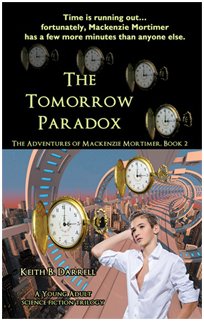
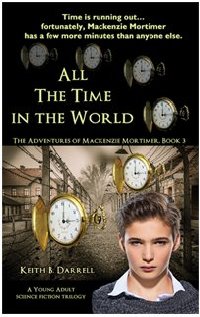
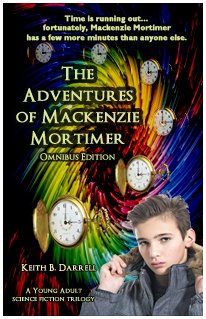
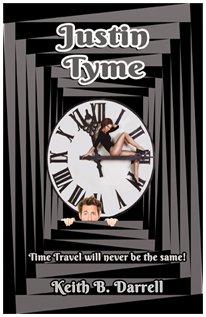
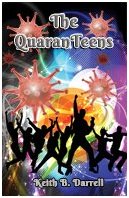

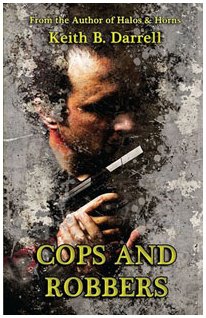

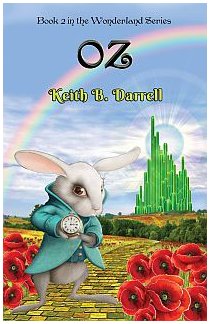
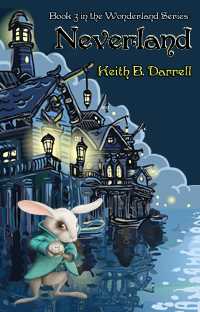
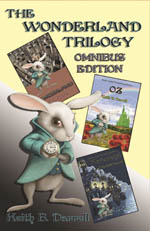
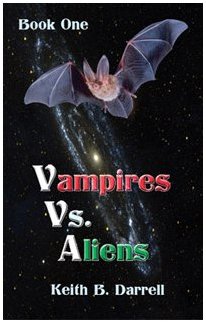
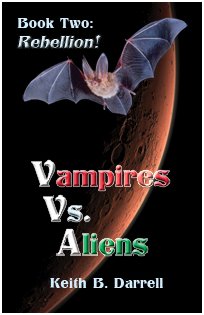
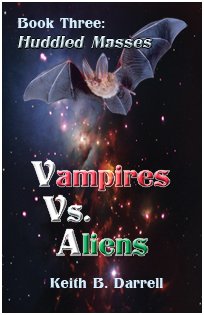
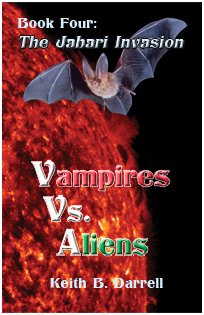
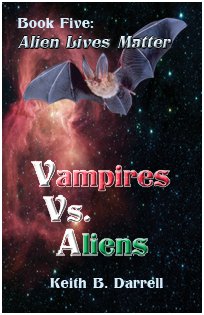
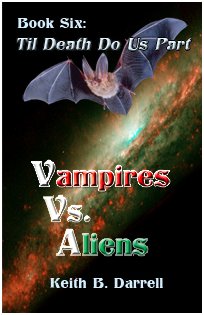
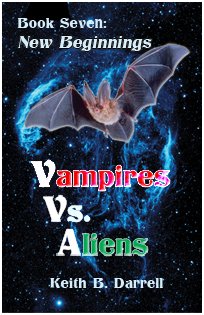
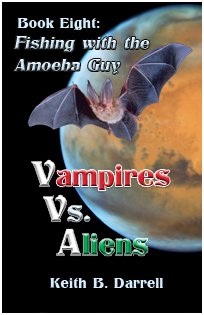
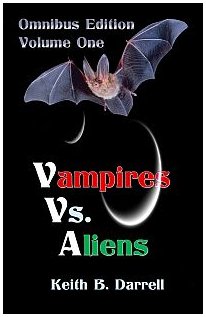
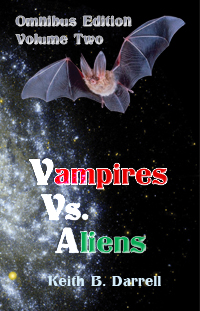
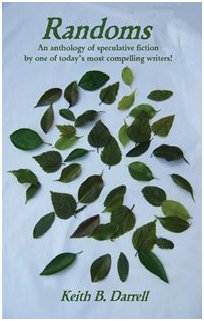
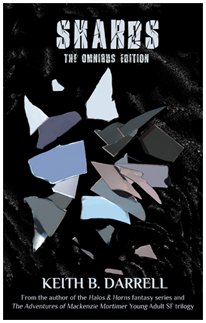
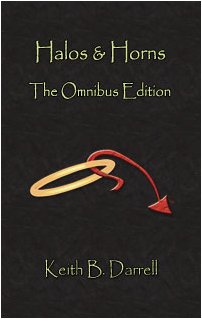
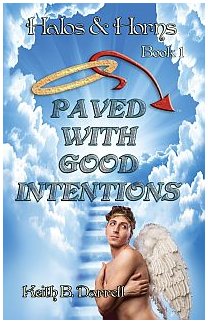
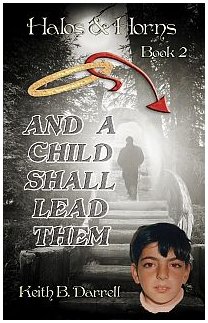
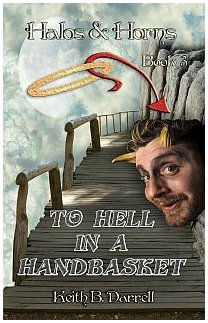
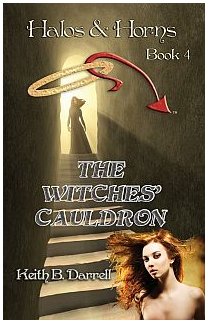

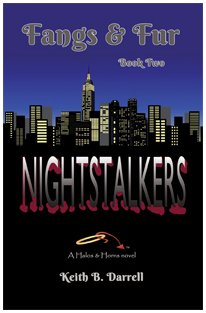
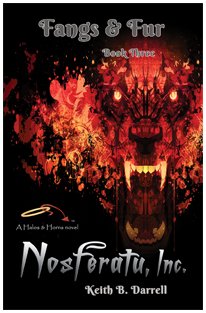


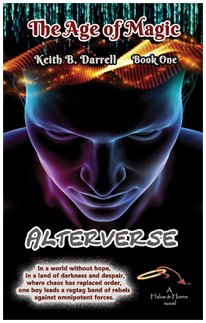
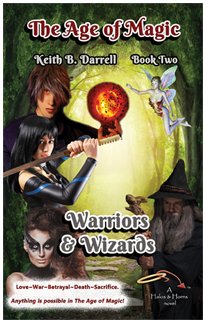
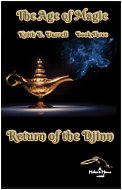

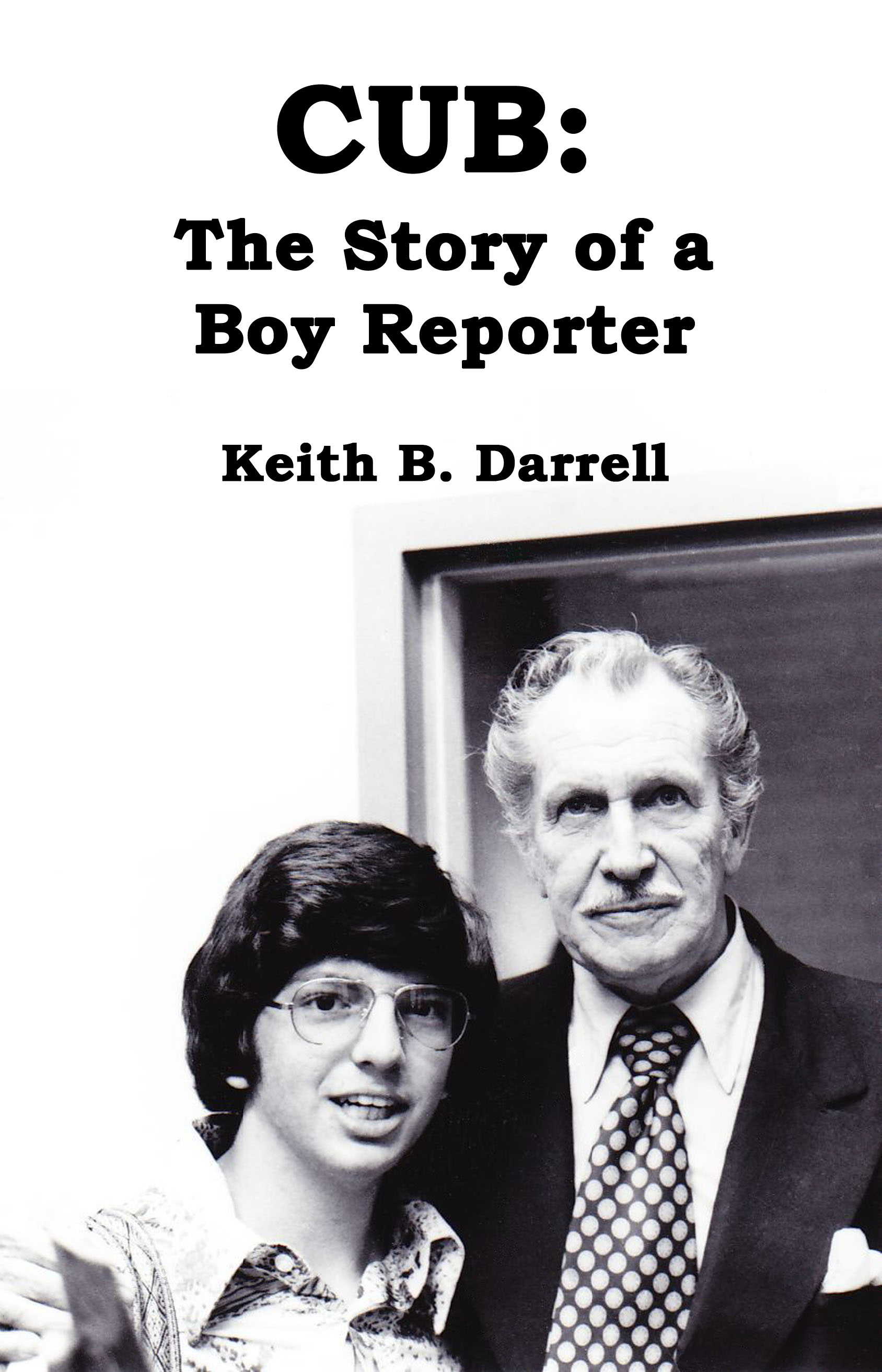
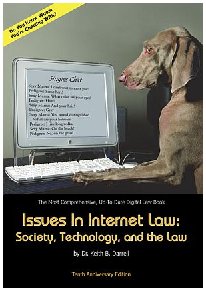

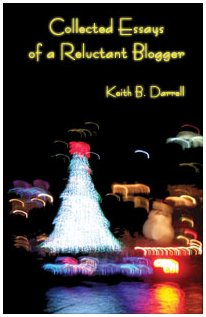



No comments:
Post a Comment